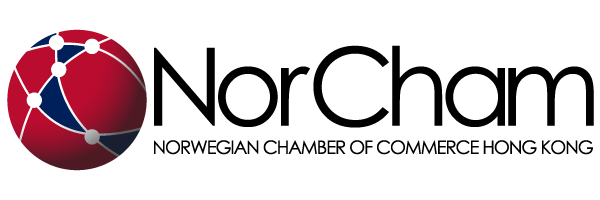Business organizations
For foreign corporations operating in Norway, the joint stock corporation and the branch are the most popular business forms. Other common business forms are partnerships, single proprietorships, co-operative societies and limited joint-stock partnerships. Franchising is growing rapidly and licensing is also common.
Import to Norway
Import restrictions: With the exception of its telecommunications, shipping and agricultural sectors, Norway maintains few restrictions on imports.
Import duties: Norway is a member of the European Free Trade Area (EFTA) and the European Economic Area, and maintains a single-column tariff list that employs the Harmonised System (HS) classification.
Import documentation: The commercial invoice plus a bill of lading or an airway bill. A certificate of origin is not required unless specified. The importation of live animals, animal products and plants requires a sanitary or health certificate.
Foreign investment
Norway is generally supportive of foreign private investment, particularly in three major areas: the petroleum industry, high technology projects, and projects in remotely populated regions. Concessions related to industrial activity are granted by the Ministry of Trade and Industry, and by the Ministry of Agriculture for agricultural projects. Norway permits 100 percent foreign ownership of investments and no registration is required for license, royalty, and technology agreements.
Dividends and profits from business activities in Norway, interest and contractual amortisation on loans, as well as repatriation of invested capital are freely and fully remitable. Ordinary payments from within Norway to foreign entities are not subject to significant restrictions, provided they are made through a Norwegian commercial bank. In contrast some transfers of capital into Norway require foreign exchange licenses.
Foreign investment is restricted under the following circumstances:
- Public sector industries (postal services, railways, broadcasting, production of alcohol and drugs).
- Owning or controlling natural resources
- Special approval is needed for the purchase of certain types of real estate.
- Approval is needed to acquire more than a certain percentage of the voting shares in listed Norwegian companies.
Taxation
- Corporate income tax: Earnings of foreign subsidiaries in Norway are taxed at ordinary corporate tax rates. Corporate income tax is levied at a flat rate of 28% for companies.
- Dividends paid to non-resident shareholders, excluding stock dividends, are subject to a withholding tax of 25% at the source. Foreign-owned firms domiciled in Norway are subject to taxes on their global incomes.
- Personal income taxes: Persons who reside in Norway (defined as a stay beyond six months) are subject to tax on their world wide income and assets ranging from 7.8% to 49.3%. Non-residents are taxed only on their Norwegian source income. Persons who are in Norway temporarily (less than four months) are only taxed on income for services provided in Norway and paid by a Norwegian employer.
- Value-added tax (VAT): VAT is presently calculated at a rate of 8 to 25 per cent of net price on both domestic and imported goods. On imported goods, the VAT is payable to Norwegian customs authorities at the time of entry, but capital equipment is exempt from the VAT.
- A reduced payroll tax schedule is applied to businesses operating in less populated regions of Norway.
Further information
Further material can be found from the Internet web sites of The Ministry of Finance, The Ministry of Trade and Industry, and The Bronnoysund Registers (Company Registry).
